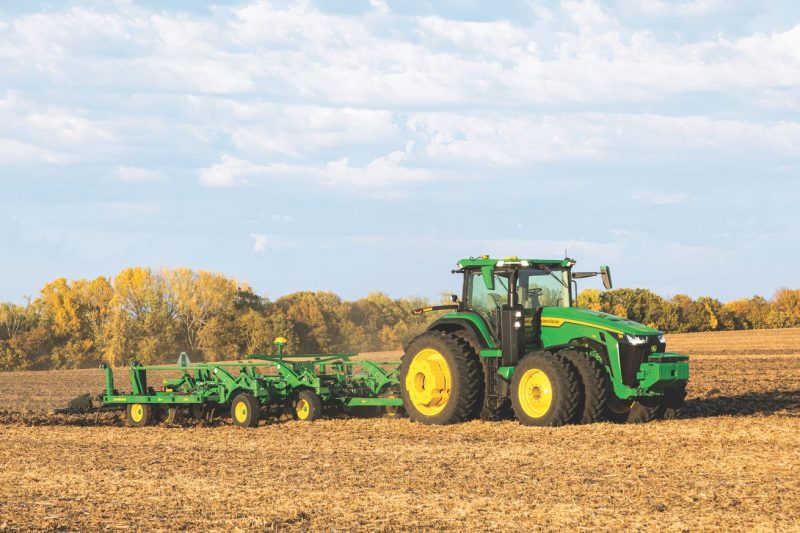Solar Storms: A New Challenge for Farmer GPS Systems During Critical Planting Time
The reliance of modern farming practices on advanced technology has brought about numerous benefits in terms of efficiency and productivity. Global Positioning System (GPS) technology, in particular, has revolutionized agriculture by enabling precision farming techniques that optimize resource use and crop yield. However, recent disruptions caused by solar storms have highlighted the vulnerability of GPS systems in agriculture during critical planting times.
Solar storms, also known as solar flares or coronal mass ejections, are intense bursts of radiation and charged particles ejected from the sun. While these phenomena are a natural occurrence, they can have significant impacts on Earth’s technological infrastructure, including GPS systems. When solar storms interact with the Earth’s magnetic field, they can cause disturbances in the GPS signals received by devices on the ground.
For farmers, accurate GPS positioning is crucial during planting time, as it allows for precise seeding and fertilizer application, leading to increased crop productivity and cost savings. However, disruptions to GPS signals can result in misalignment of equipment and inaccurate placement of seeds and inputs, potentially leading to reduced yields and financial losses.
In response to the growing threat of solar storms to GPS systems in agriculture, researchers and technology developers are exploring solutions to mitigate the impacts of these disruptions. One approach involves the use of advanced signal processing techniques to filter out interference caused by solar storms and enhance the accuracy of GPS positioning data.
Furthermore, efforts are underway to enhance the resilience of GPS systems by developing backup mechanisms and alternate positioning technologies that can be used during periods of solar storm activity. These measures aim to ensure that farmers have reliable access to positioning data, even in the face of unpredictable space weather events.
In conclusion, solar storms pose a new challenge to farmer GPS systems during critical planting times, threatening the efficiency and accuracy of modern agricultural practices. As the reliance on technology in agriculture continues to grow, it is imperative to address the vulnerabilities of GPS systems and develop strategies to safeguard against disruptions caused by solar activity. By investing in research and innovation, farmers can better prepare for and mitigate the impacts of solar storms, ensuring continued productivity and sustainability in the face of evolving environmental challenges.


























